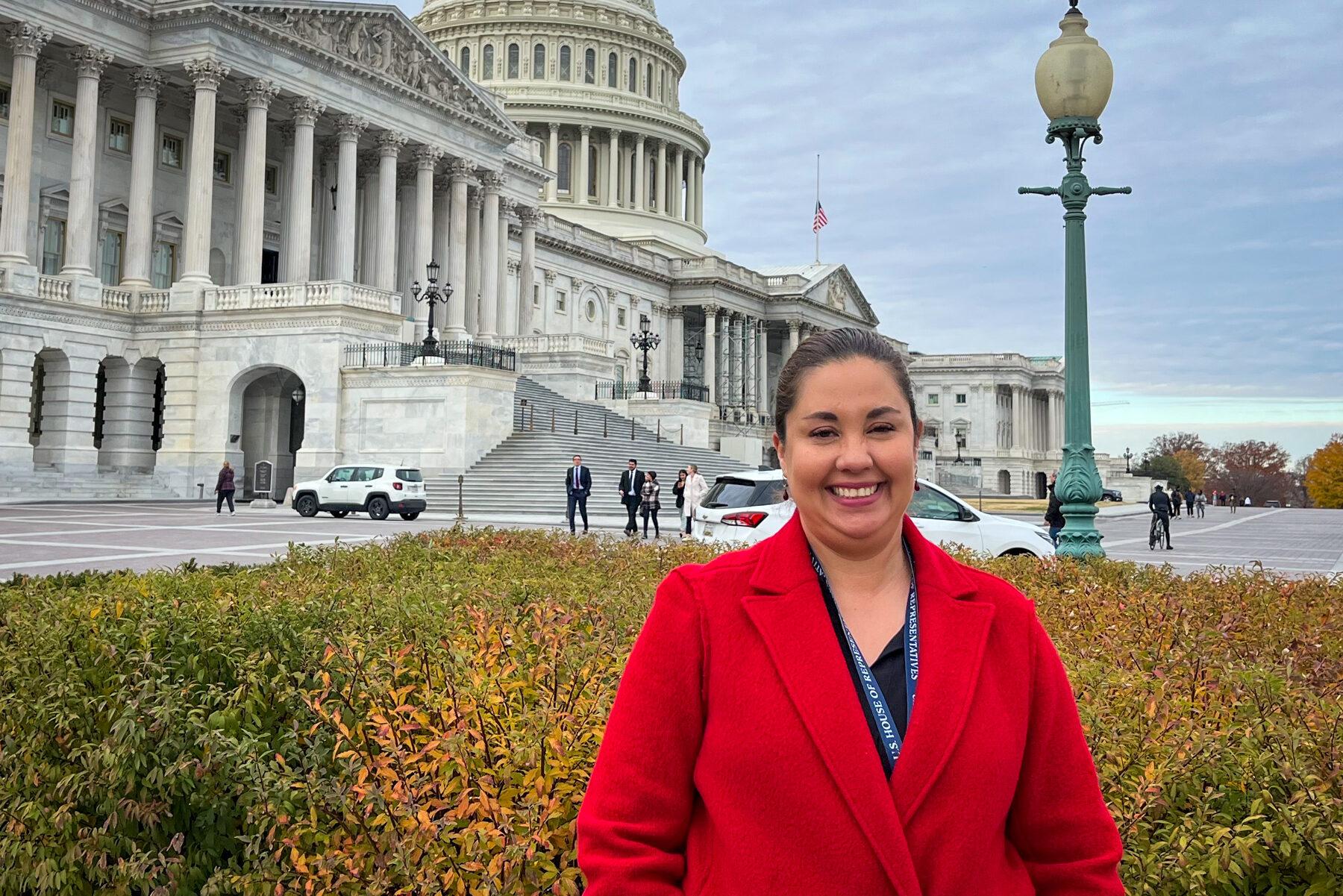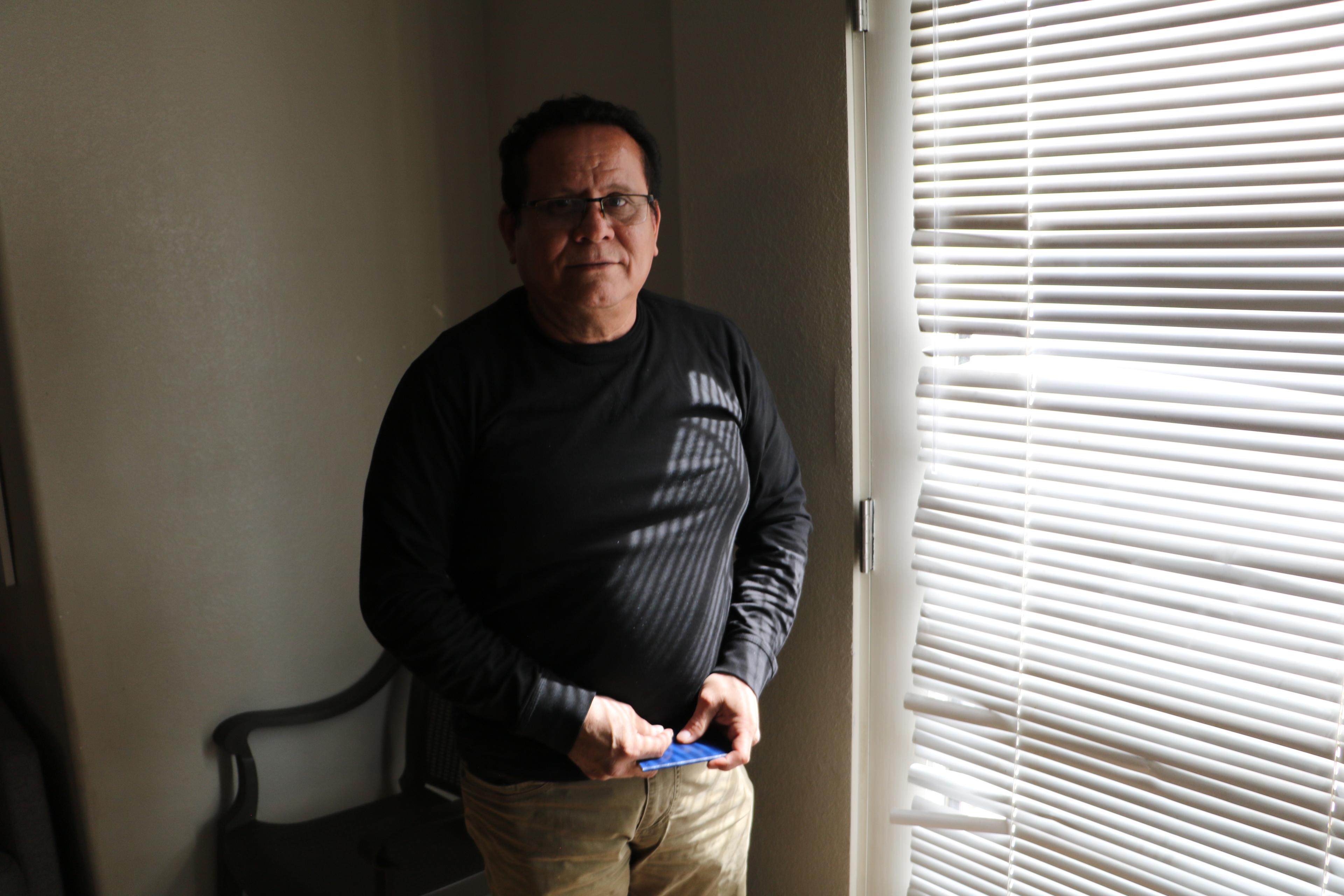
What a difference a week makes.
In a world filled with uncertainty due to COVID-19, the University of Colorado system got more budgetary clarity on Tuesday. CU regents decided that student fees and tuition rates will remain largely unchanged.
Hours later, the state legislature’s Joint Budget Committee approved a proposed 58 percent cut to higher education funding, a $493 million decrease.
Thanks to the CARES Act, higher education institutions in Colorado will get $450 million in federal dollars. But Todd Saliman, CU vice president of budget and finance and chief financial officer, said it’s unclear exactly how much of that money can be used to backfill the budget shortfall.
“We need to determine exactly what we can spend those federal CARES Act dollars on,” Saliman said.
CU will receive $127 million out from the CARES Act. It will get another $36 million in direct federal coronavirus aid from the U.S. Department of Education, some of which will go to students seeking assistance because of COVID-19 related issues.
Budgetary planning is a tricker puzzle for public universities this year because predicting student enrollment for the fall is incredibly challenging. Traditional enrollment prediction models don’t really apply.
“Fall enrollment is not quite where we’re hoping it will be. We’re trying to provide clarity to prospective students about what fall will look like. We think when we provide that, we’ll actually see some additional interest coming from students all over the country,” Saliman said.
The University of Colorado at Boulder released a draft plan for students next fall that blends remote and in-person learning models. Officials expect for that plan to be finalized by June 1.
Saliman will have to prepare a budget for CU regents to review. They’re expected to approve a budget at a June 18 board meeting.









